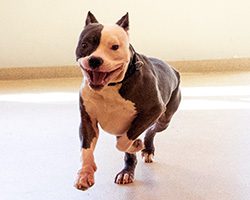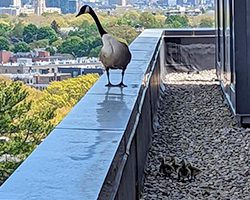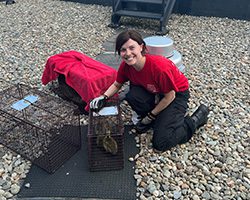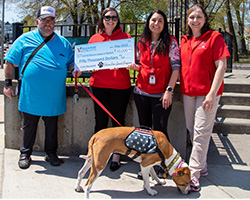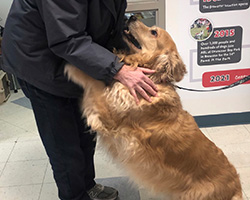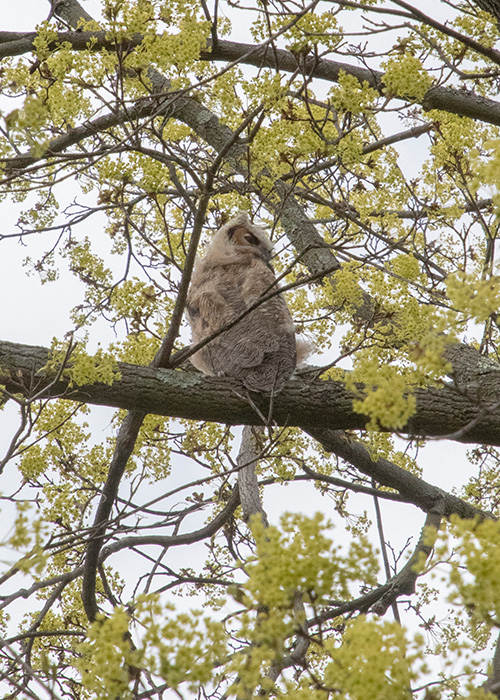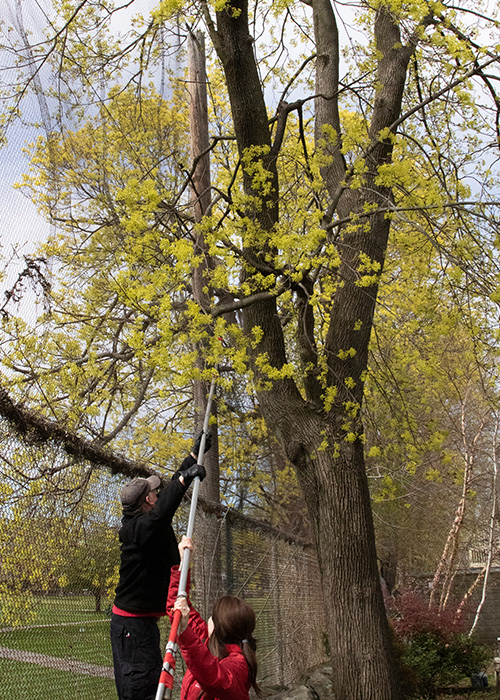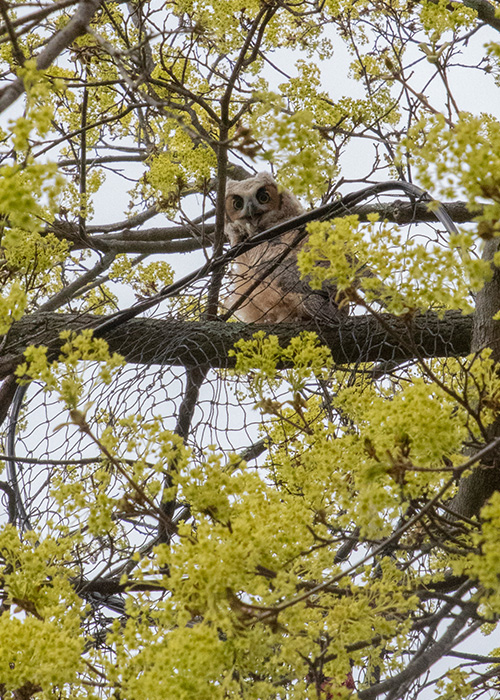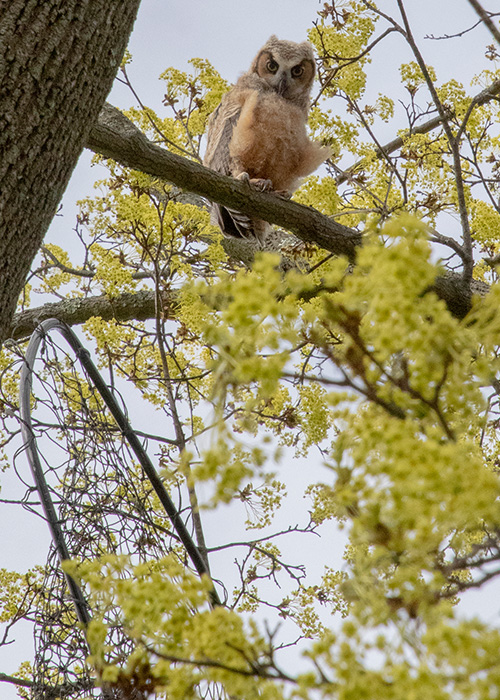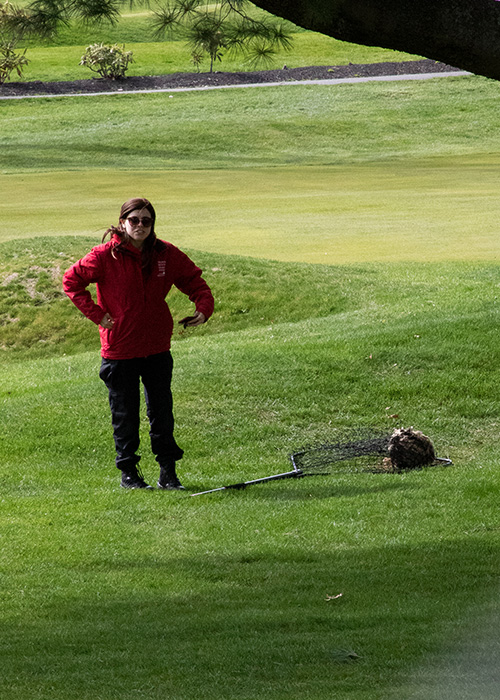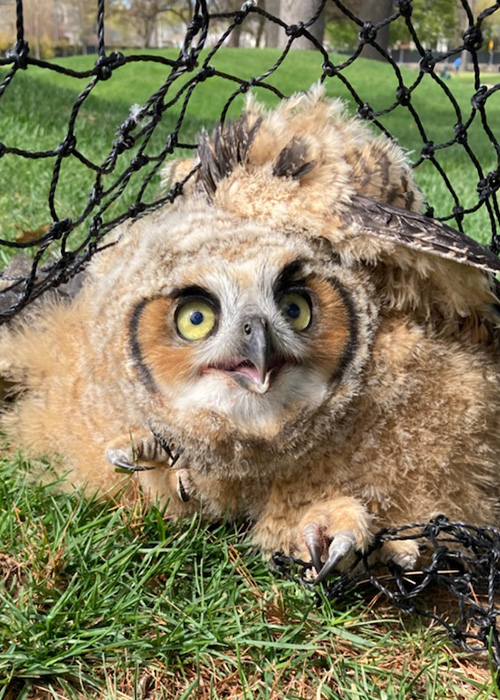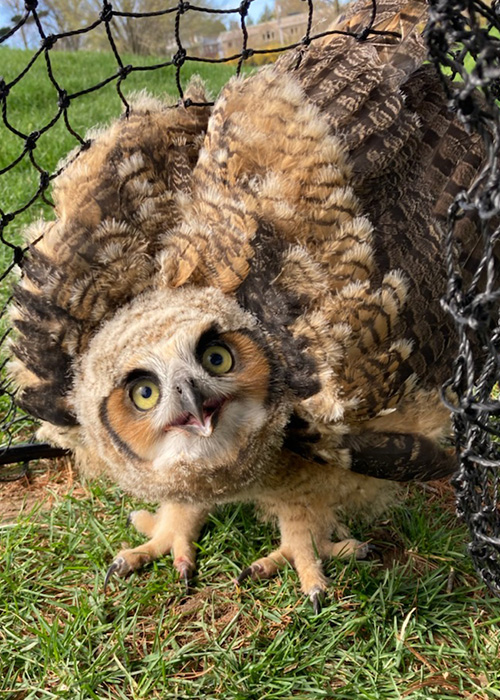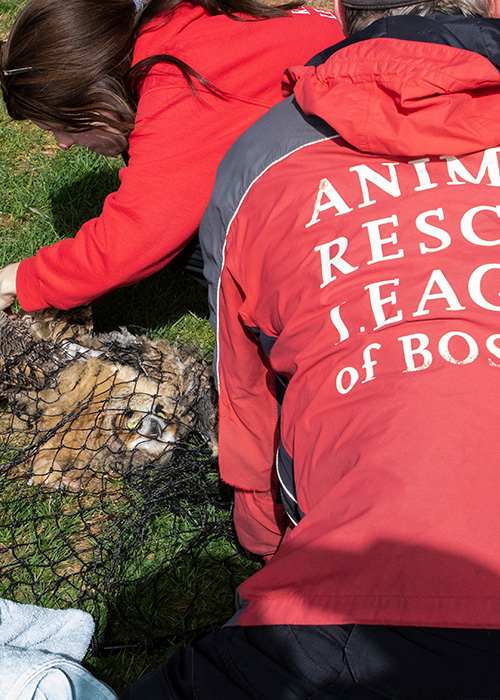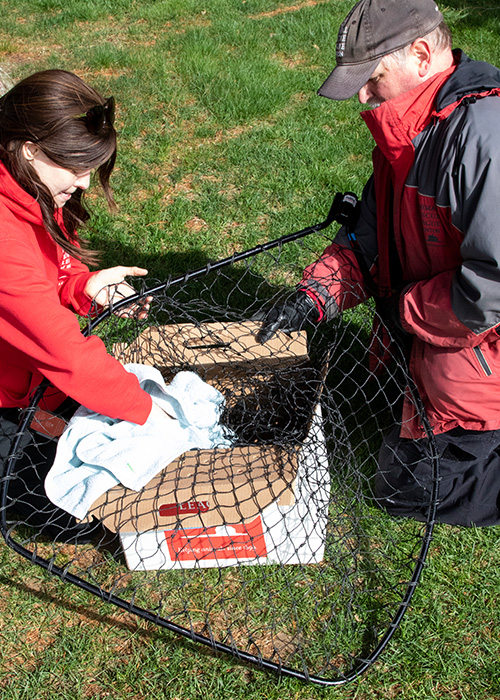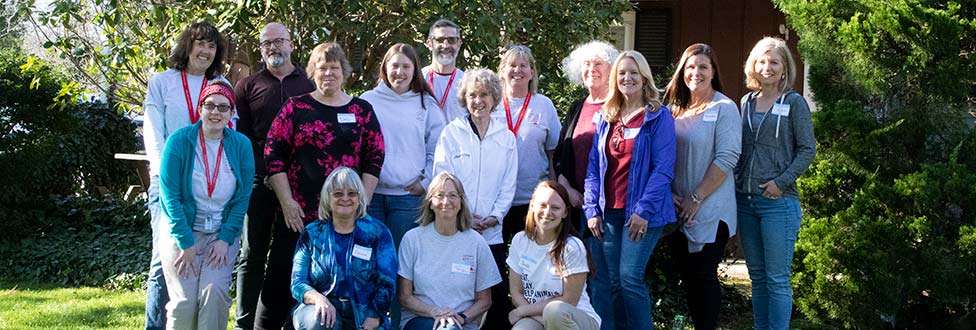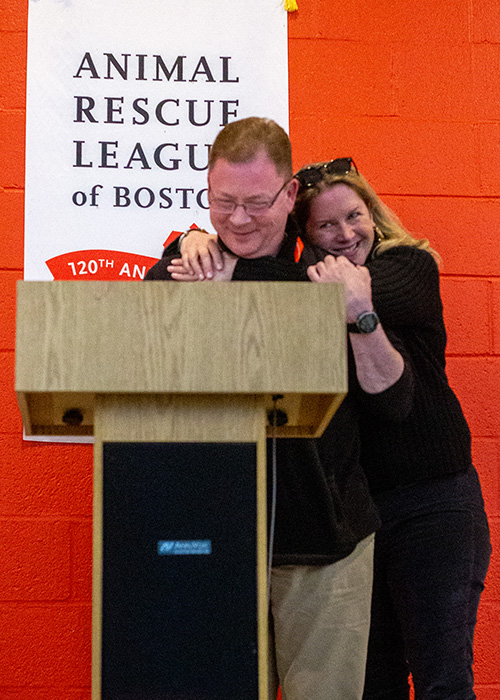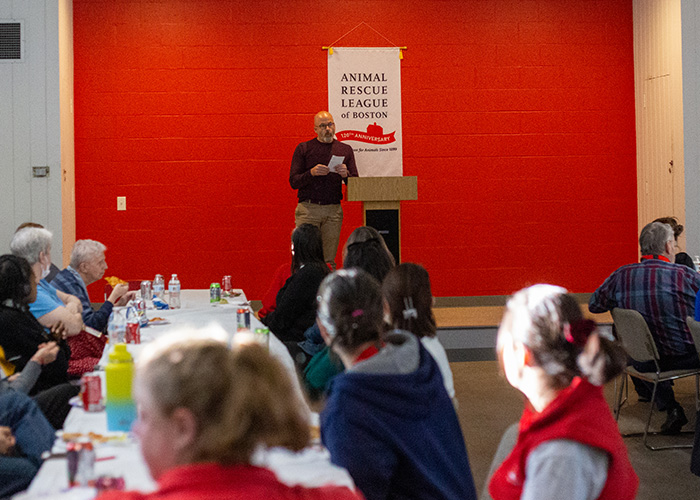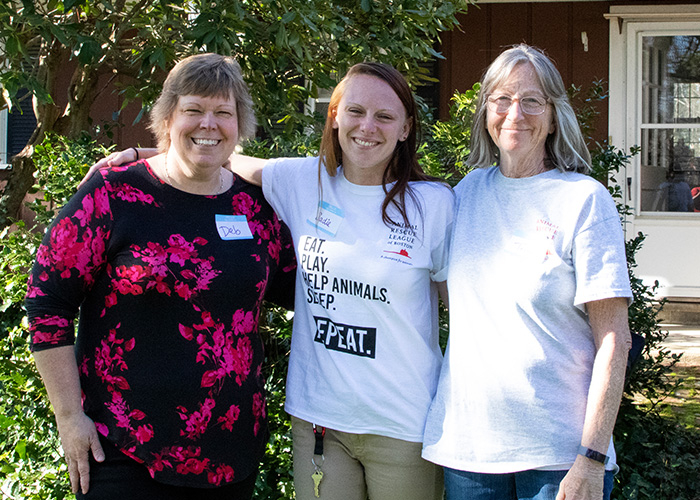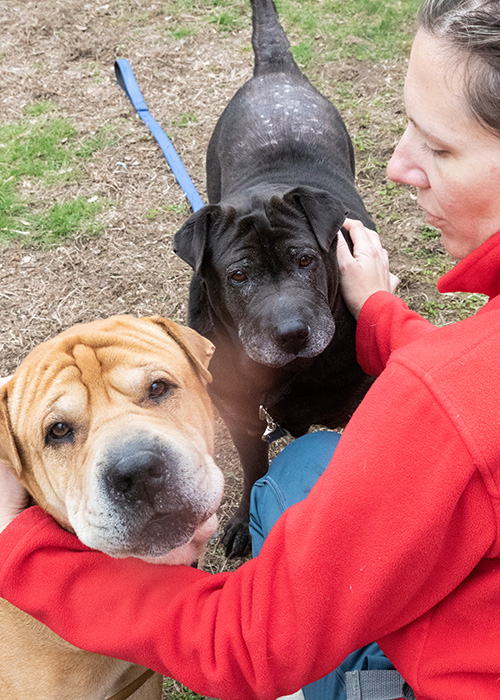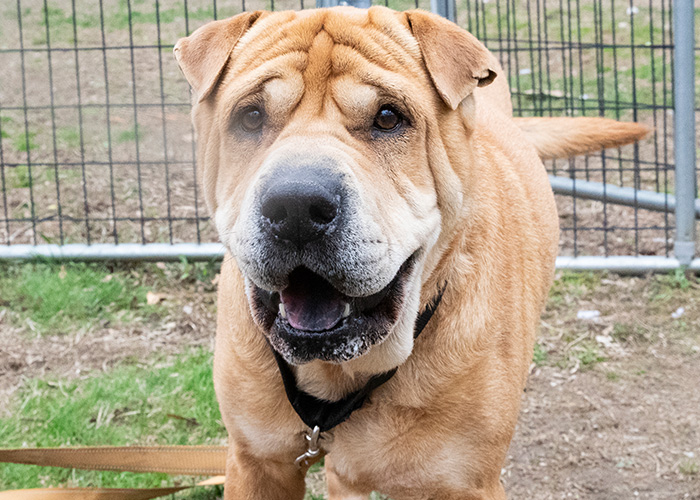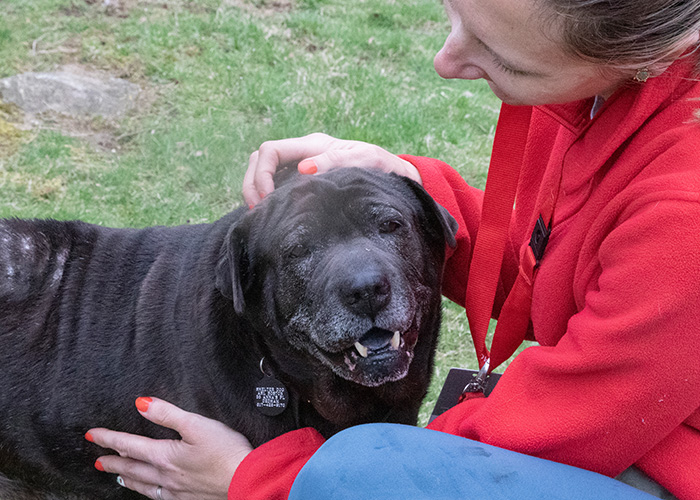Transport Pup with Chronic Skin Condition Still Seeking New Home
Skin condition causes extreme discomfort
Fern, a three-year-old female Pitbull-mix, arrived at the Animal Rescue League of Boston (ARL) in late March along with three other pups who were a part of animal cruelty investigations in New York.
As a transport partner with national organization ASPCA, ARL was seen as a great environment for these dogs to recover their previous trauma and to begin new lives in New England.
Upon arrival, Fern displayed her incredibly sweet personality, but she was also uncomfortable due to a chronic skin condition.
Receiving Skin Condition Treatment
ARL shelter medicine team diligently worked to get Fern’s allergies and skin condition under control, but she needed more than just medication, she also needed a quiet place to recover.
ARL is blessed to have more than 500 dedicated foster families willing to open up their hearts and homes for animals like Fern — the shelter environment was just not conducive to her healing process, and foster care offered Fern not only a place to heal, but also an opportunity to become comfortable in a home-setting.
Ready to Go Home
After more than a month in foster care, Fern is ready to find her new family and begin her new life.
Fern is playful, full of energy, and while her skin condition is chronic, it is manageable through medication and regular visits to the veterinarian.
A Collaborative Wellness Effort
ARL is proud to be an official transport partner with the ASPCA, and Fern’s case demonstrates the amazing collaborative efforts taking place at ARL every day.
Fern needed assistance from ARL Animal Care Associates, shelter medicine and behavioral teams, as well as ARL’s extensive network of volunteers and foster families.
Every animal is an individual, and every animal requires needs that are unique to them.
But we can’t do this work alone: thanks to you and your generous support, ARL continues to help thousands of animals like Fern annually and we thank you!


